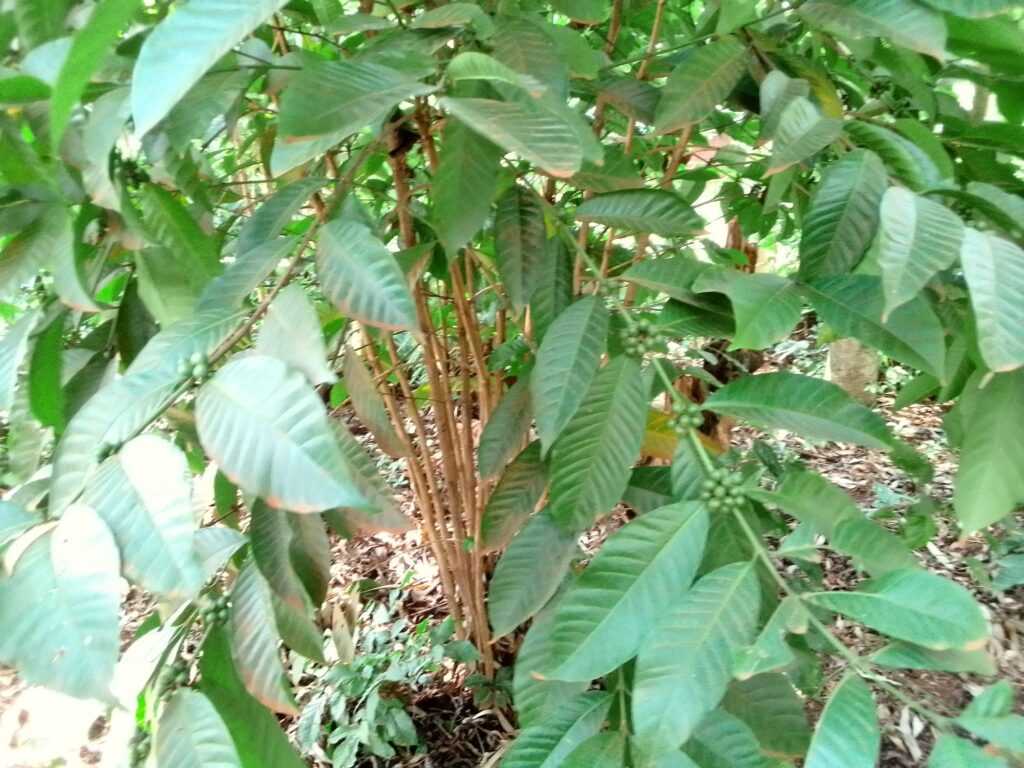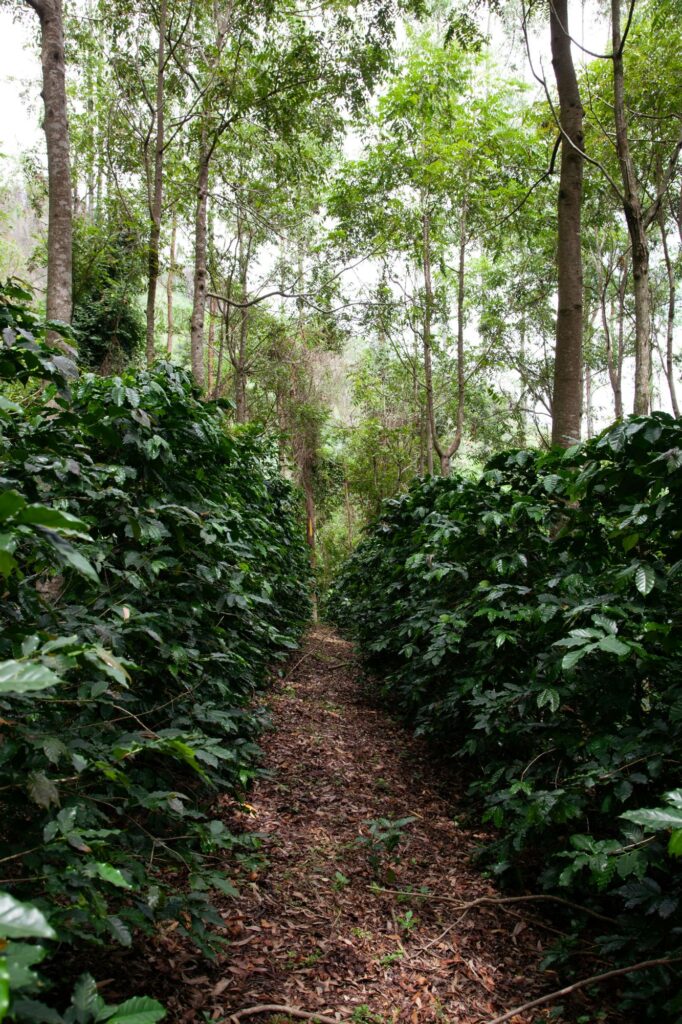
The European Union (EU) recently rolled out new sustainability rules that have sent shockwaves through Kenya’s coffee sector. Under these guidelines, all coffee entering the EU must be traceable to ensure it was not grown on land deforested after December 31, 2020. This means every coffee plantation will soon be mapped and monitored using satellite technology and digital traceability systems. Farms established on deforested land after this cut-off date will not have their produce accepted in the EU market.
The move is part of the EU’s broader campaign to fight climate change, reduce greenhouse gas emissions, and preserve global forests. Alongside coffee, the regulation targets other commodities linked to deforestation such as cocoa, soy, beef, palm oil, and rubber. And with the EU being Kenya’s largest market for agro-products, the impact of these rules cannot be ignored.
Why This Matters for Kenyan Farmers
At first glance, these rules may appear harsh, unfair, or even punitive. But in the long run, they could bring lasting benefits. Forests are our natural carbon sinks, and deforestation has been one of the biggest drivers of global warming. By discouraging the clearing of forests to establish farmlands, the EU is pushing the world toward more sustainable farming practices.
Also read: Trees: Africa’s next economic frontier through carbon credits
Kenya’s coffee industry is especially vulnerable because it is dominated by smallholder farmers, many of whom depend on cooperatives to access export markets. Meeting the EU’s traceability requirements may feel overwhelming, but failing to comply could lock thousands of farmers out of their most lucrative buyer. Today the spotlight is on coffee. Tomorrow it could be on tea, avocados, French beans, flowers, and even sugarcane. Farmers must therefore adapt early and embrace sustainable farming methods that do not come at the expense of the environment.

Sustainable Farming Practices Farmers Can Adopt
1. Agroforestry
Coffee is one of the best crops to integrate with trees. Shade-grown coffee thrives under tree canopies, which not only preserve biodiversity but also improve soil fertility and conserve water. Agroforestry systems also provide farmers with additional income streams from timber, fruits, or fodder. For instance, a farmer who plants grevillea trees alongside coffee can later harvest timber without compromising the coffee crop.
2. Conservation Agriculture
Techniques such as minimum tillage, crop rotation, and mulching help protect the soil, reduce erosion, and maintain fertility without the need to clear new land. Farmers who rotate coffee with legumes, for example, benefit from natural nitrogen fixation that reduces fertilizer costs.
3. Organic Farming
Using organic manure, compost, and biofertilizers reduces reliance on chemicals, improves soil health, and supports healthier ecosystems. In addition, organic coffee often fetches premium prices in international markets.
4. Terracing and Soil Management
On hilly terrains common in Kenya’s coffee-growing regions, terracing prevents soil erosion and ensures maximum land use without clearing more forest areas. Planting cover crops such as beans or groundnuts further protects the soil.
5. Irrigation and Water Harvesting
Sustainable water management techniques, including rainwater harvesting and drip irrigation, help farmers cope with climate change. By ensuring year-round productivity, farmers are less tempted to seek new land when old land becomes less productive due to drought or soil degradation.
6. Rehabilitation of Degraded Lands
Instead of clearing forests, farmers can reclaim abandoned or degraded lands through replanting, applying organic soil amendments, and adopting climate-smart practices. Rehabilitation helps increase production while conserving forests.
Turning Challenge into Opportunity
While compliance with the EU rules will be tough, it is also an opportunity for Kenyan farmers to position themselves as leaders in sustainable farming. Certification and traceability systems may initially feel like an added burden, but they can also open doors to premium markets and better prices. Already, there is growing demand from eco-conscious consumers willing to pay more for coffee that is ethically sourced and environmentally friendly.
Additionally, farmers who embrace sustainability may tap into emerging opportunities such as carbon credits, eco-labeling, and partnerships with international buyers who are eager to support climate-friendly farming.
Conclusion
The EU’s new coffee regulations may seem restrictive, but they carry an important lesson: farming cannot thrive at the expense of the environment. By adopting sustainable practices such as agroforestry, conservation agriculture, and rehabilitation of degraded lands, Kenyan farmers can protect both their livelihoods and the planet. Coffee is just the beginning—sustainability is the future of all farming. And those who adapt early will not only safeguard their market access but also secure a stronger, more resilient agricultural sector for generations to come.
Also read: River Conservation in Busia: Farmers Replacing Reeds with Sugarcane

Disclosure: This banner contains an affiliate link. I may earn a commission if you purchase through it, at no extra cost to you.
